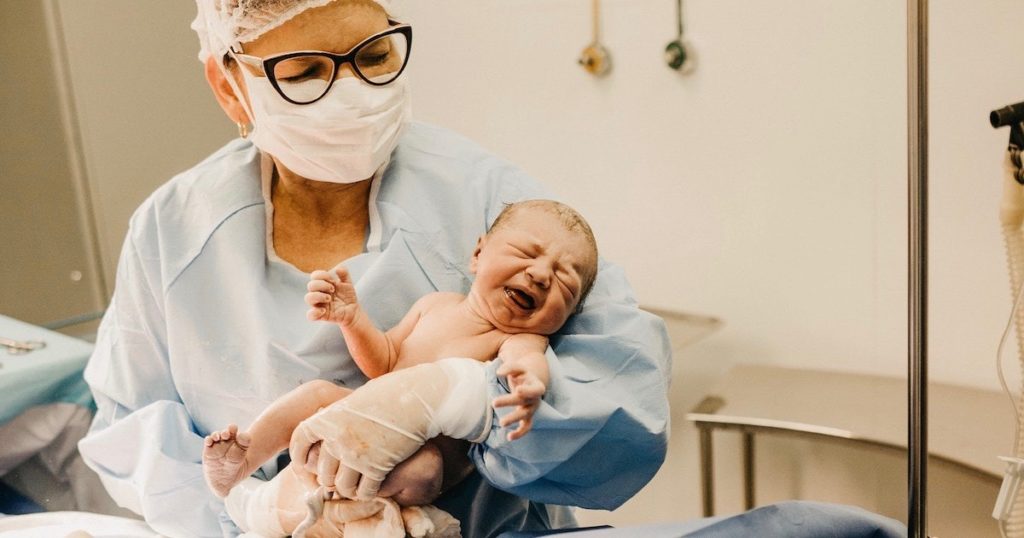 Culture & Ethics
Culture & Ethics
 Medicine
Medicine
When Does Human Life Begin?

In the abortion debate, the question of “When does human life begin?” is central. Abortion proponents frequently argue that human life does not begin at conception, but at a later time in gestation, and they morally justify abortion on this basis. They argue that abortion of an embryo or fetus before a certain gestational age is moral because the embryo or fetus is not yet a human being.
There is a clear scientific answer to the question “When does human life begin?” Let us consider the various possible scientific answers to that question.
One answer (as given above) would be that the fertilized egg or the embryo or the fetus up to a certain age is not yet a human being and in fact is a part of the mother’s body. The pro-abortion argument would be that the embryo or fetus becomes a human being at some point later in gestation and that aborting the embryo or fetus prior to that point is moral because it is merely a part of a woman’s body and not a human being in itself.
A Completely New Organism
However, from a scientific standpoint, at the moment of fertilization of the egg by the sperm, a completely new organism is present. The organism is not a part of the mother’s body although he or she is located within the mother’s body. Half of the time, the organism is a boy. The genetic complement of the new human being is unique and different from that of the mother.
The argument that this unique human being present in the mother’s womb from the moment of fertilization is a part of the mother’s body until sometime later in gestation is, from a scientific viewpoint, bizarre. What this argument would imply is that human beings reproduce by a process of budding, which is a process by which a new individual organism forms from a part of the mother’s body. This is the means of reproduction of some species of worms but it is most certainly not a means of reproduction by human beings.
Incompetence or Deception
This argument used by abortion proponents — that an embryo or fetus is a part of the mother’s body until a certain point of gestation — is scientific nonsense. When the argument is made by a scientist, it represents either scientific incompetence or deliberate deception.
It is the responsibility of the scientific community to make it clear to the public that this argument is junk science and is obviously used merely to defend the morality of killing a young human being in the womb.
This article was originally published in 2020.
